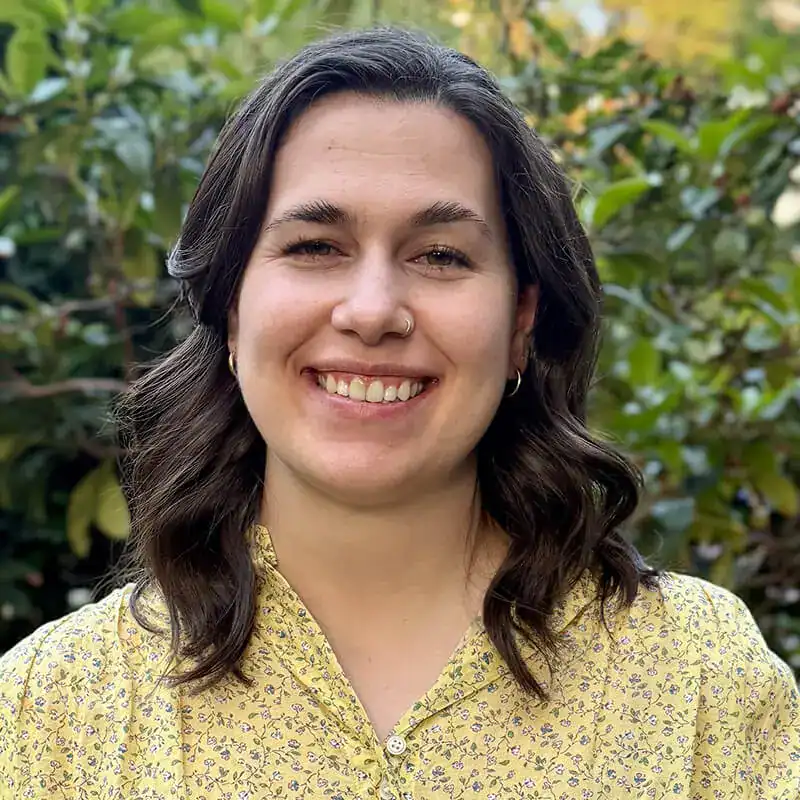Every day, the immune system works to protect the body from disease-causing pathogens. To achieve this, immune cells have developed ways to distinguish foreign invaders like bacteria and viruses from harmless substances such as food and coordinate the proper response. When these checkpoints fail, innocuous peanuts, pollen, or even one’s own cells can be viewed as dangerous, causing allergies or autoimmune diseases to develop.
Dr. Fiona Raso’s research seeks to understand how immune cells misinterpret food or gut bacteria to develop new treatments, and a newly discovered, specialized tolerizing immune cell may be key. These particular immune cells are responsible for helping educate other immune cells to ignore harmless substances like dietary proteins and commensal microbes. Dr. Raso will examine the role that tolerizing immune cells play in different inflammatory conditions and see if they can be manipulated to restore immune tolerance and reverse disease. “These studies will elucidate if tolerizing immune cells are amendable,” she explains, “and would provide the basis for clinical trials to prevent disease or disease progression.” Dr. Raso completed her doctoral training at University of Massachusetts Chan Medical School where she studied B-cell receptor signaling and differentiation and migration of plasma cells to the gut. She also identified key survival niches and migratory cues for memory B cells in the small intestine and contributed to studies on mucosal immune regulation. Now a postdoctoral fellow, Dr. Raso is investigating how tolerogenic dendritic cells regulate immune tolerance to food and microbiota and how these cells can be manipulated to treat autoimmunity and allergy.
Sponsor
Dan Littman, MD, PhD
Research Focus
Inflammation, gut microbiome, immune tolerance
Projects and Grants
Targeting tolerogenic dendritic cells during inflammation

